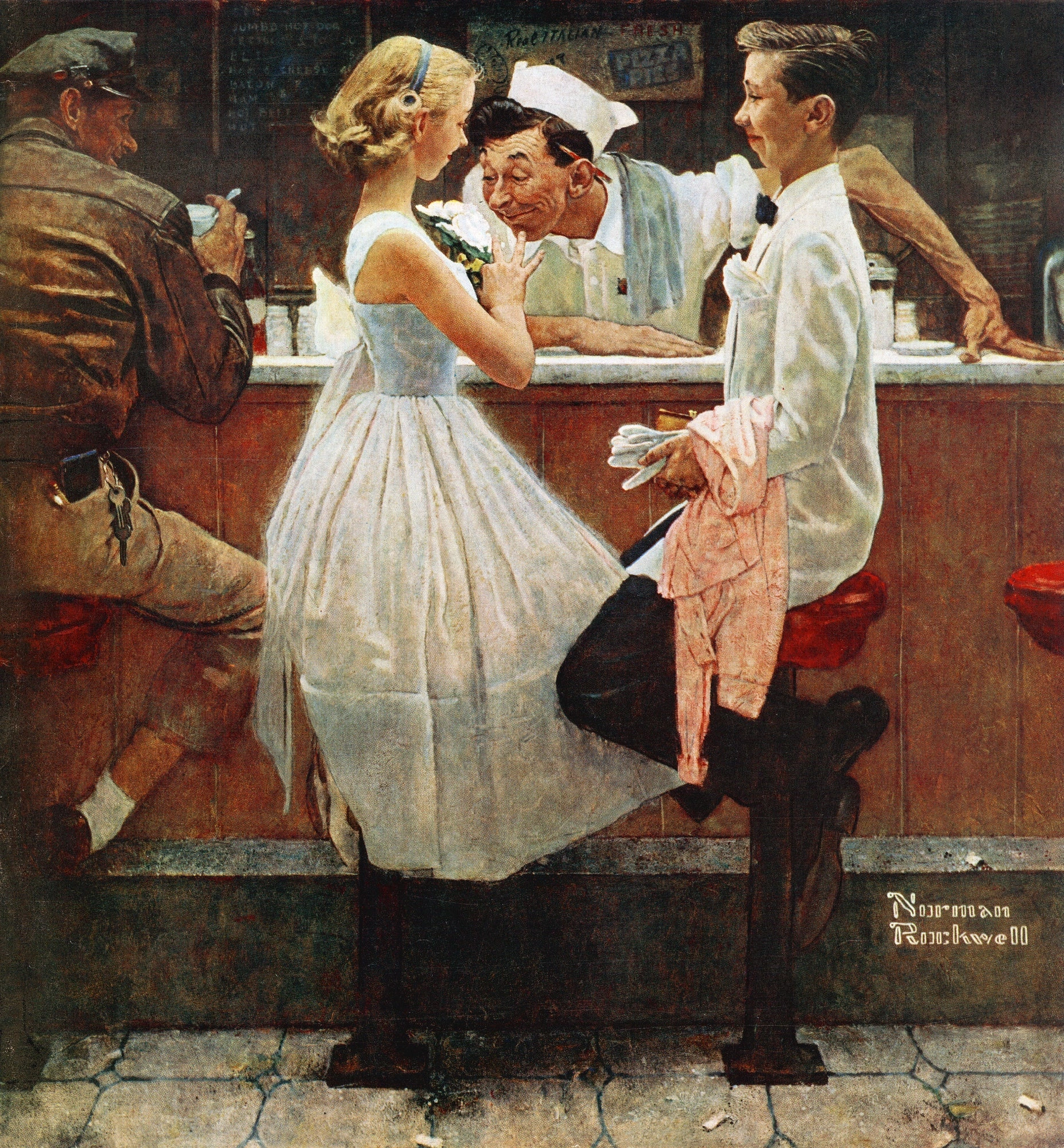Honesty in the Shadows: Daniel Ellsberg's Fight for Transparent War Coverage
2023
Summary
Ellsberg, who dedicated his life to antiwar activism, passed away from pancreatic cancer at the age of 92. Beyond his famous disclosure of the Pentagon Papers, which exposed the truth about the Vietnam War, Ellsberg continued to uncover hidden aspects of U.S. militarism and shed light on the psychological and cultural dynamics within the media and politics. His deep intellect and compassion allowed him to reveal the social pressures and fear operating within a country addicted to aggressive warfare.
During our conversation, Ellsberg drew comparisons between media coverage of September 11 and the U.S. military's "shock and awe" attack on Baghdad at the start of the Iraq invasion. He noted the Times' powerful display of photographs and personal anecdotes to humanize the victims of 9/11. However, he lamented the absence of similar coverage for the victims of the Iraq War, proposing that publishing photos of those killed in the "shock and awe" attack could have provided a poignant perspective. Unfortunately, U.S. media refrained from such coverage.
Despite Ellsberg's dedication to exposing truths, he expressed pessimism regarding the public's response to war deaths. He noted that Americans exhibit limited concern for the number of casualties, primarily focusing on American lives lost and the perception of success. The media rarely questions the human cost of wars, and even when information surfaces, it rarely leads to significant changes in public opinion.
Ellsberg believed that the American public remains unaware of their role as citizens of an empire, one that believes it has the right to determine the governance of other nations and is willing to engage in regime change to protect corporate interests. Presidents often present Americans as peace-loving people, slow to enter wars, while the reality is that the country has been involved in continuous conflicts. Ellsberg recognized the media's role in deceiving the public, exploiting their desires to believe in American exceptionalism and moral superiority.
Daniel Ellsberg's insights serve as a reminder of the crucial role truthful and transparent reporting plays in shaping public perception. His lifelong commitment to revealing the hidden realities of war encourages us to challenge the narratives presented to us and seek a deeper understanding of the human toll of militarism.
